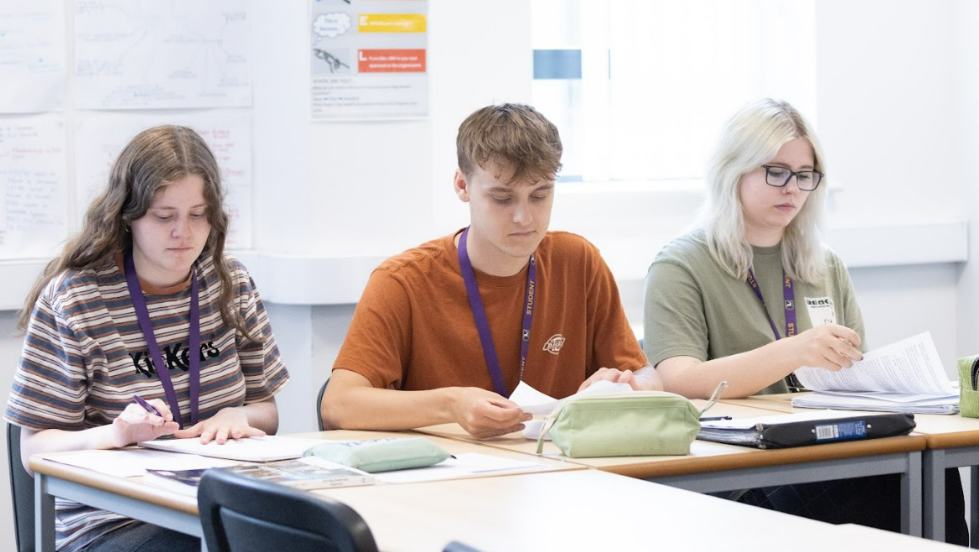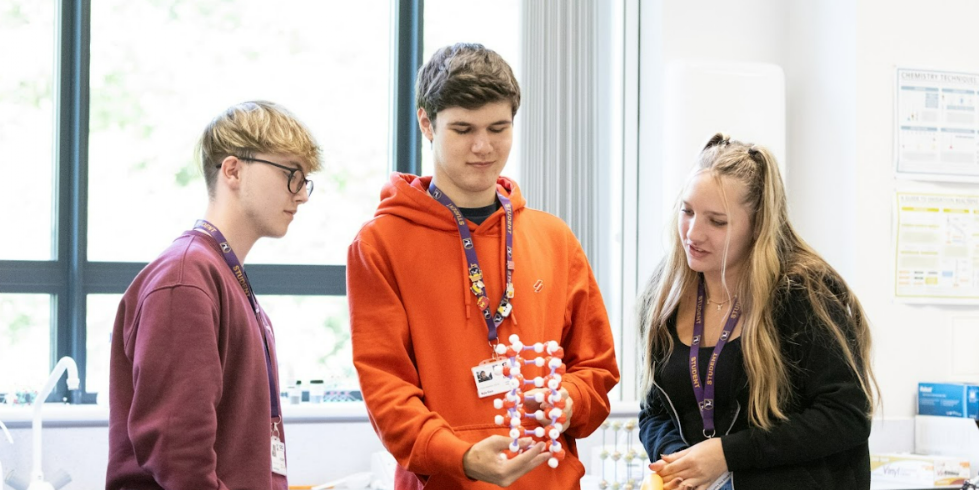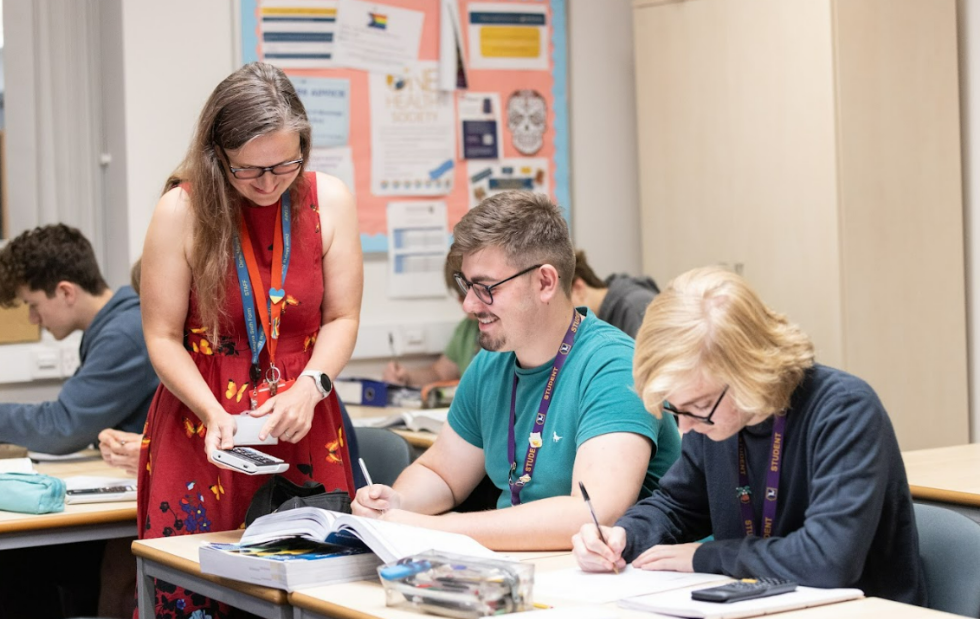Computer Science
Head of Department: Miss S Gardner
Exam Board: OCR
Length of Course: 2 Years
Entry Requirements:
GCSE Mathematics - grade 6 or above
At least 5 GCSEs grade 4 and above
GCSE Computer Science is not essential, though it is advisable to have done some programming in your own time if you have not taken this course
Description:
A-Level Computer Science is a practical subject where students apply the academic principles learned in the classroom to real-world systems. Those studying this subject will design systems and understand the power and limits of human and machine intelligence. They will also develop computational thinking and problem solving skills. Several topics require the ability to use reason and apply mathematical and logical processes to solutions. It is likely that if you find Mathematics enjoyable and interesting then you will also like Computer Science.

Topics studied in this course:
Computer Systems:
-
The internal workings of the CPU
-
Data exchange
-
Software development
-
Data types
-
Legal and ethical issues
-
Characteristics of contemporary processors, input, output and storage devices
-
Types of software and the different methodologies used to develop software
-
Data exchange between different systems
-
Legal, moral, cultural and ethical issues
Algorithms and Programming:
-
Computational thinking - thinking abstractly, thinking ahead, thinking procedurally
-
Problem solving and programming – how computers and programs can be used to solve problems, algorithms and how they can be used
Structure and assessment of the course:
|
Paper 1: Computer Systems - 2.5hrs, 140 marks (40%) Paper 2: Algorithms and Programming - 2.5hrs, 140 marks (40%) |
|
NEA: Programming Project - 70 marks (20%) |
Post A-Level:
A good grade in Computer Science at A-Level is valued by universities and employers since it requires the development of analytical thinking and problem solving skills. This course lays an appropriate foundation for further study of Computer Science, Engineering, Physics or related subjects in higher education. Many problems in the sciences, engineering, health care, business and other sectors can be solved effectively with computers, but finding a solution requires both computer science expertise and knowledge of the particular application domain. Thus, computer scientists often become proficient in other subjects as well.
What the students say about this course:
“A fun and interesting course that helps develop an interest in the subject and hone your skills in an area you enjoy”
“A-Level Computer Science has expanded my knowledge and interest in the field in general, particularly of networks and databases; and helped me to develop my computational skills. The NEA has been a great learning experience, and I cannot wait to pursue the subject further in university.”
“Studying A-Level Computer Science has helped me gain a further understanding of computers, and has furthered my skills in programming. A-Level Computer Science has set me up for a future studying Engineering”
"An engaging and informative course that teaches useful theoretical knowledge and practical skills such as coding"
Specification links






